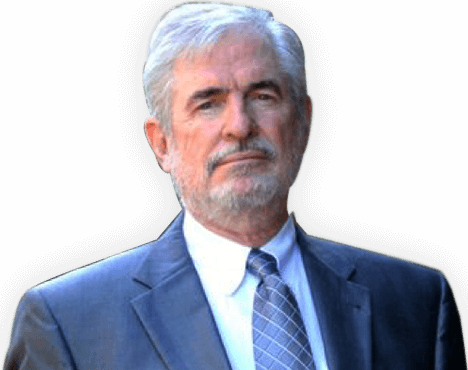In the practice of medicine, prescription drugs are part of everyday life. Most medical professionals deal with opioids and other addictive prescription drugs on a daily basis. Because of this accessibility and other causes, prescription drug addiction is a constant possibility for doctors, nurses and others in the profession.
In fact, USA Today reports on the problem of prescription drug addiction within the healthcare community, saying “America’s prescription drug epidemic reaches deep into the medical community. Across the country, more than 100,000 doctors, nurses, technicians and other health professionals struggle with abuse or addiction, mostly involving narcotics such as oxycodone and fentanyl.”
Although the problem of addiction in the medical community is understandable, there is still a significant risk of being charged with a drug crime.
Why is this problem so prevalent in the medical community?
There are a few essential reasons for the problem of opioid addiction in the medical community. The stress levels in many medical professions increase the likelihood of forming this type of addiction. Professional knowledge of these drugs and their side effects makes it easier for someone in the medical field to hide the problems of addiction in order to avoid detection. Finally, medical professionals have access to these drugs in a way that most people do not, making them easy to obtain at need.
What are the risks involved?
In addition to the obvious health risks to yourself, your patients and others, there is the very real possibility of being arrested and having to defend yourself against drug crime charges.
Although perhaps most people can see the problems of drug addiction with empathy, the criminal justice system does not. If you are arrested and charged with a drug crime, the police, the prosecuting attorney and the judge will not be so merciful.
Oxycontin, fentanyl and similar drugs are considered Schedule II drugs under South Carolina law. Even a first offense of possession of a schedule II drug could result in two years in prison and a $5,000 fine.
The most important thing you can do if you are charged with a drug crime is talk with an experienced criminal defense lawyer. You need to protect yourself, your reputation and your future.


